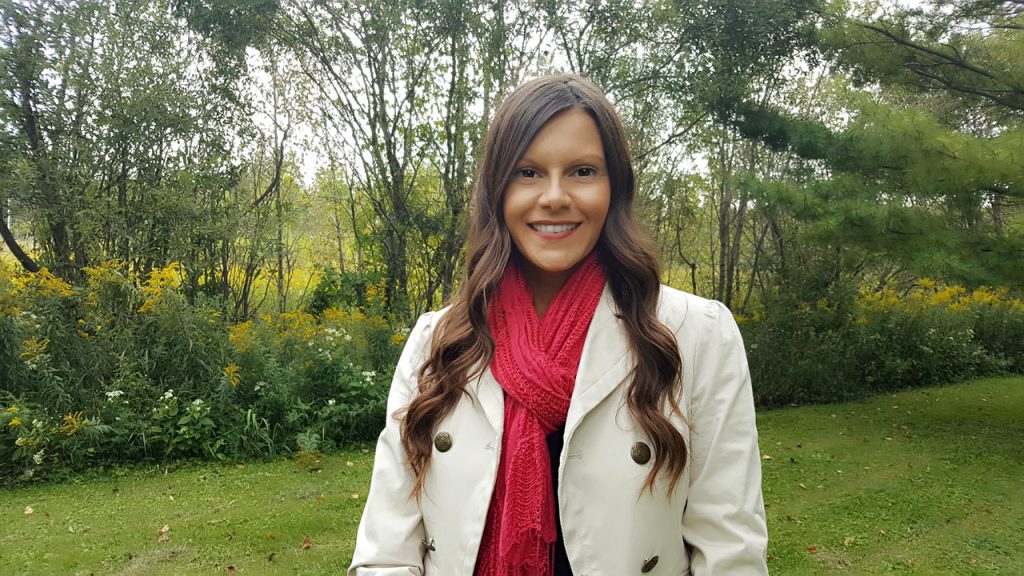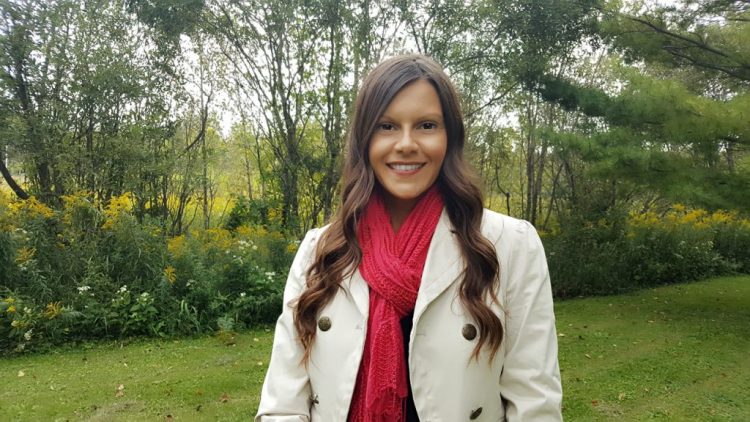No products in the cart.
Lorraine Driscoll writes How Balance & Core Muscles Can Impact ADHD

With back-to-school around the corner, I am getting plenty of parents contacting me because they are dreading calls from school about their child’s behaviour. Last time I explained how a weak vestibular system and core muscles can impact reading ability. Research has also found that it also plays a significant role in ADHD.
When core muscles are weak, a great amount of energy is spent to simply sit-up straight which results in poor attention and focus. These kids have difficulty sitting still and listening. Frustration or difficulty completing cognitive tasks frequently occurs because a good part of their cortex is focused on sitting up straight. Weak core muscles are easy to spot in these kids—they often have poor posture, lay their head on their desk while listening or working, or even want to lay down on the floor or bed as this is often how they work best.
An underdeveloped vestibular system often ties in with weak core muscles and ADHD. If you’ve ever taken a yoga class, you know it’s much harder to maintain balance when remaining still as opposed to moving. Kids with an underdeveloped vestibular system—balance—move in order to pay attention! When your child is told, “sit still and pay attention”, the impossible is being asked. They can sit still OR they can pay attention. They can’t do both at the same time.
When the vestibular system is weak, the ears and eyes may send incorrect information to the brain about safety causing the fight-or-flight response to kick in. This hyper-arousal can present as explosive, impulsive and hyperactive behaviour.
Signs of Weak Core and Vestibular Function:
- Sits on legs or swings feet when seated
- Prefers to stand at the table or desk
- Wiggles in seat or sits half on the chair, falling out of seat
- Slumps when seated or needs to lean when seated or standing
- Constantly fidgeting
- Uses hand to hold up head
- Poor balance, coordination, penmanship etc.
Next time, I will outline what you can do to strengthen these areas so your child can have a more focused and successful school year.
To learn more schedule a free 20-minute consult.
Lorraine Driscoll, MST, RHN
Building Better Brains






